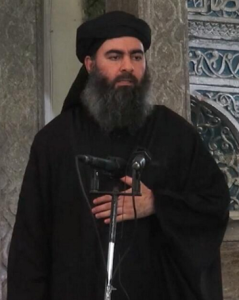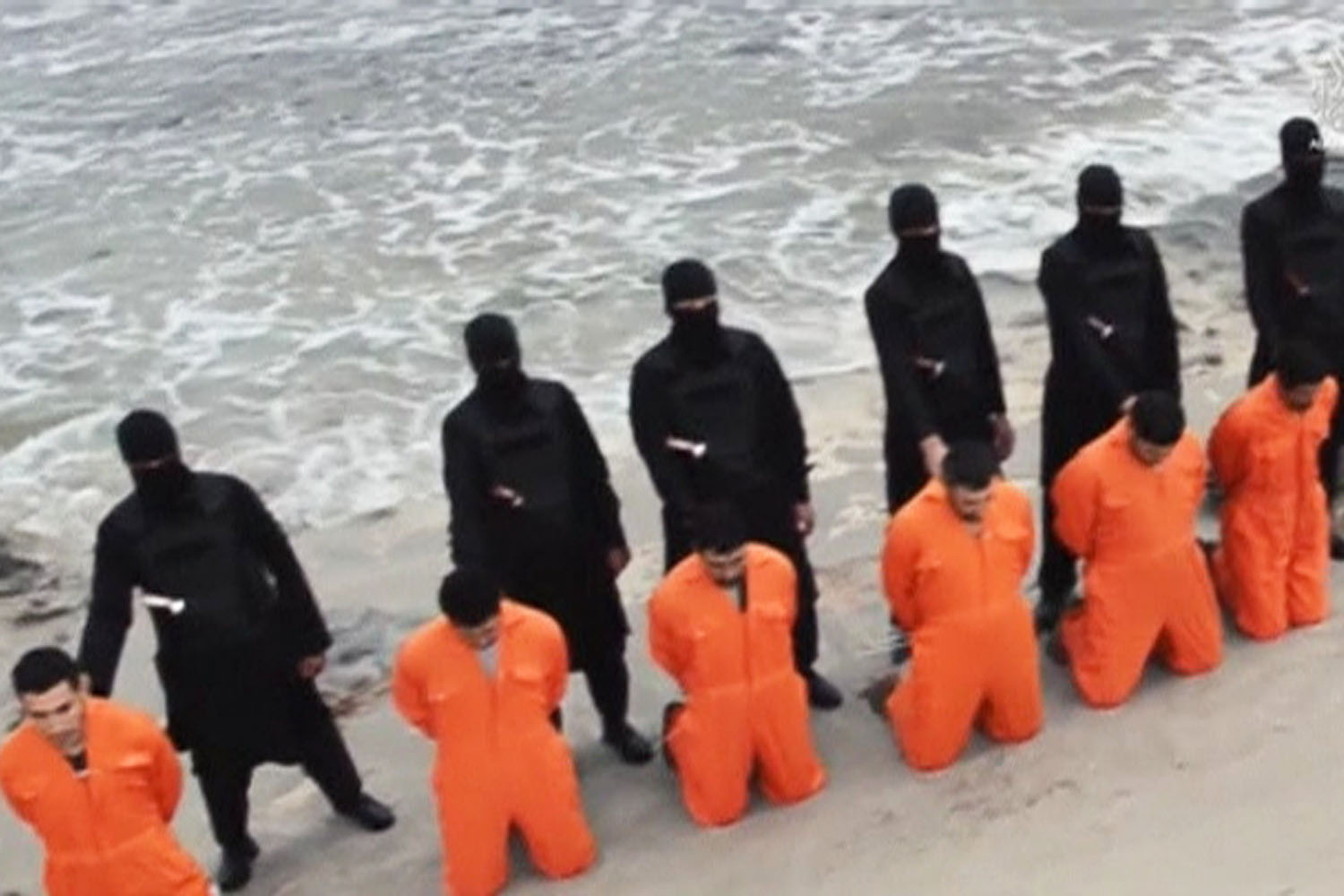In the aftermath of 9/11, the United States ensured that it was going to fight and weaken al-Qaeda by adopting various counter-terrorism and counterinsurgency strategies. Now, however, the so-called Islamic State, or ISIS, or Daesh in Arabic, has replaced al-Qaeda as the biggest jihadist threat at the international level and within the Middle East. While both groups share similar ideologies, rhetoric, long-term goals, and were even former allies, it is now clear that ISIS is not al-Qaeda. ISIS has a different, more military-based approach and is more representative of the next generation of jihadis.

ISIS is promising to its recruits a form of Islam that they claim is “pure” despite its extremity. It is worth noting that top Islamic authorities around the world have widely condemned ISIS and their actions, since it has nothing to do with moderate Islam. ISIS ideology is based on three rejections of Islam and the current world order. First, ISIS rejects the traditional Islamic tolerance of other religions, mainly Christianity and Judaism. In the Qur’an, Christians and Jews are described as “people of the book,” which means they should enjoy a special status where they should be safe, protected, and treated well in a Muslim society. ISIS rejects this, as it recently demonstrated with the beheading of 21 Egyptian Coptic Christians in Libya.
The second ISIS rejection is of “infidel ideologies” which include democracy, socialism, communism, nationalism, modernism, and any other form of government that is not according to its belief. To ISIS, democracy is illegitimate because it is a government of men run by men and not by God, while nationalism is blamed for the division of Muslims. The third ideological rejection is that of “diluted” forms of Islam, meaning any interpretation of Islam that is its own, which explains its brutal treatment of other Muslims living in its territory.

ISIS first came into existence during the aftermath of the 2003 US invasion of Iraq. In its early days, it was one of the many Sunni extremist groups fighting US forces and attacking Iraqi Shiite civilians. It called itself al-Qaeda in Iraq (AQI) and it was led by Abu Musab Zarqawi, who had pledged his allegiance to Bin Laden. After the US killed Zarqawi in 2006, AQI was nearly eradicated. However, the group managed to restore itself in US-run prisons in Iraq, with Abu Bakr Baghdadi, ISIS’ current leader and self-proclaimed “caliph,” establishing himself as the leader of the group. After Syria descended into civil war and chaos in 2011, ISIS took advantage of the opportunity and crossed the border, seized territories, and rebranded itself as the group we see today. ISIS grew even stronger in Iraq as sectarian strife intensified and the central government in Baghdad weakened.
In early 2014, ISIS made shocking territorial advances in Iraq, taking control of main towns, and cities like Mosul, Tikrit, and al-Qaim. After doing so, it began marketing itself on a global scale with recruits from all over the world travelling to Syria to fight with ISIS. According to US intelligence, at least 15,000 fighters from 80 different countries, including Arab and Western nations, traveled to join ISIS after its advances in Iraq. It is precisely these unprecedented gains in both recruiting and territory that makes ISIS completely differ from al-Qaeda.
Al-Qaeda, as a terrorist network, has hundreds of members and aims to attack civilians. It does not hold territory and does not have the capacity to directly confront military forces. ISIS on the other hand, now has at least 30,000 fighters, funds itself, controls territory in both Syria and Iraq, and functions like a government with a conventional military. In doing so, it has done what al-Qaeda could not do. By occupying territory in eastern Syria and parts of Iraq, ISIS managed to take control of key oil assets in both countries. The group now sells this oil in the black market, generating an estimated revenue of $1 to $3 million a day. It also relies on looting, theft, and constant extortion from those who live in the territories it controls. This kind of financing is unheard of for a terrorist organization, which is precisely why the international community needs to come up with a new strategy to counter ISIS.
In addition, ISIS has managed to build a complicated administrative structure, which al-Qaeda did not do. At the top of the hierarchy is Baghdadi and his two deputies. Then, there is an actual civilian bureaucracy that is responsible for media, financial, and religious affairs, and is overseen by 12 administrators. The group has managed to create some kind of state apparatus that can function with or without Baghdadi, making it more challenging to counter it.
Overall, it is now clear that ISIS differs from al-Qaeda and other terrorist organizations in terms of its strategy and the means by which it wants to achieve its goal as the leader of all Muslims, regardless of borders. Influcenced by Sayid Qutb and its leader, Ayman El Zawahry, al-Qaeda perceives itself as the vanguard that will mobilize all Muslims against secular rule and the “far enemy.” The caliphate is a long-term goal for al-Qaeda that would come later.
ISIS, however, believes it has already established a caliphate and perceives itself as the sole legitimate authority over all Muslims. It seeks to remove all of the political borders of the Middle East first, primarily focusing on making territorial gains to enhance its power, and then govern with brutality to intimidate its foes (which is anyone who does support it) and suppress any form of dissent. By being brutal and savage, ISIS aims to attract attention, demonstrate its strength and dominance, and thus, make sure it portrays a certain image of itself to stay relevant.




